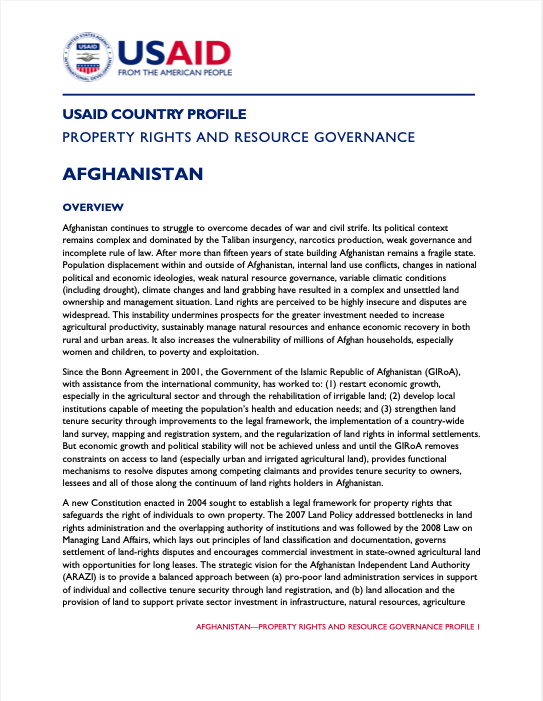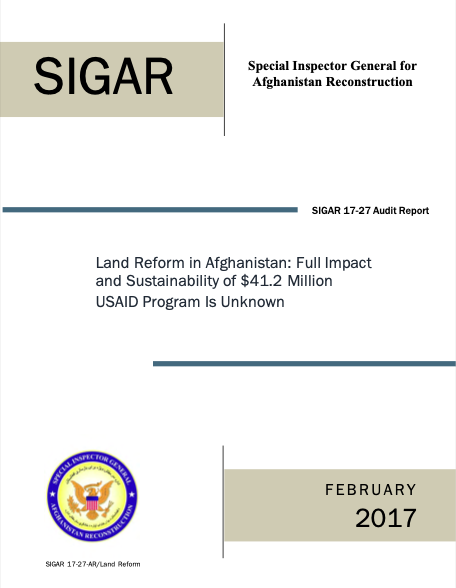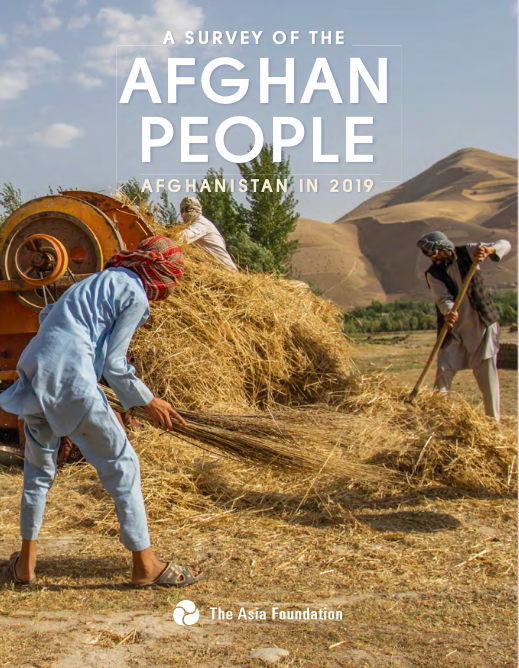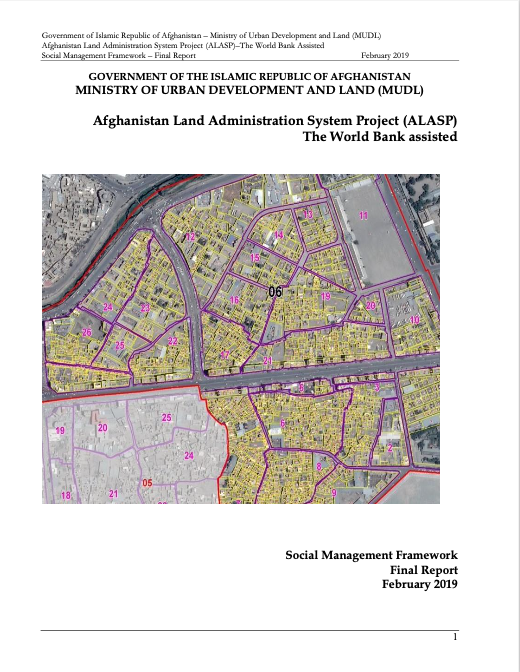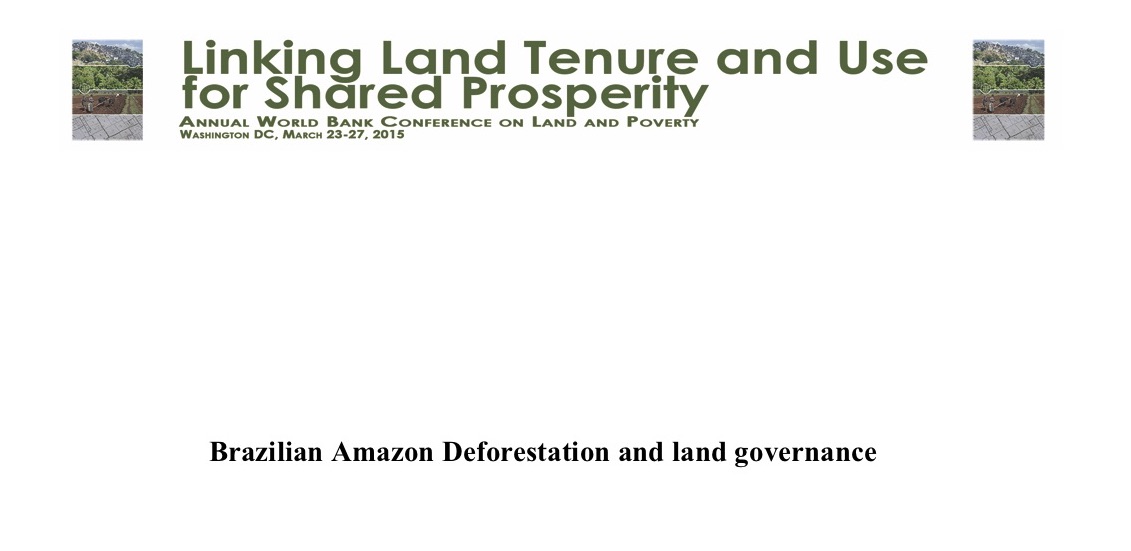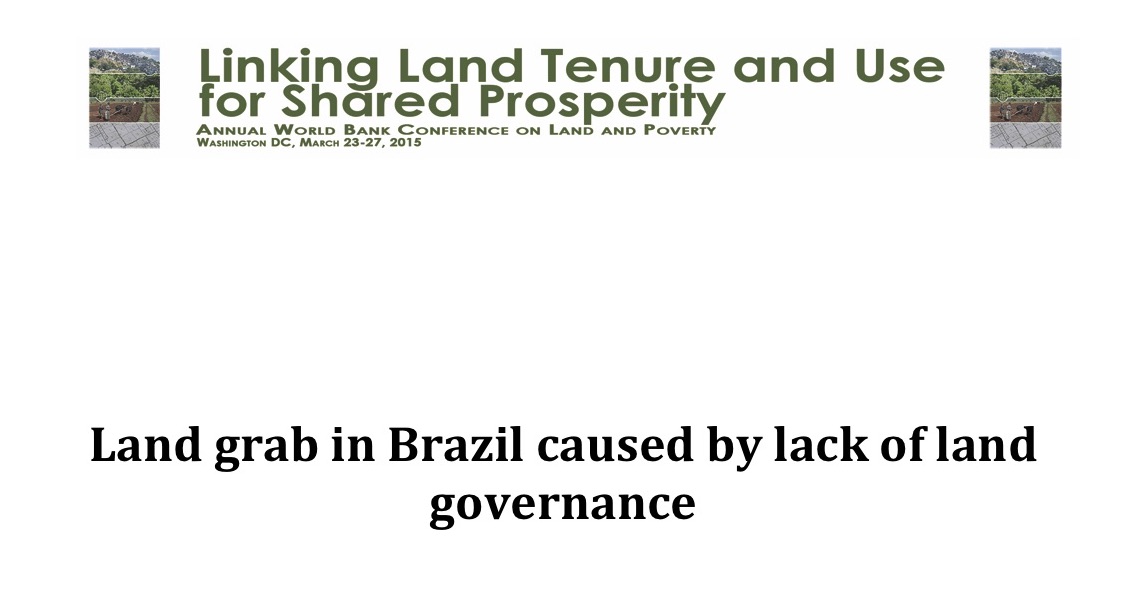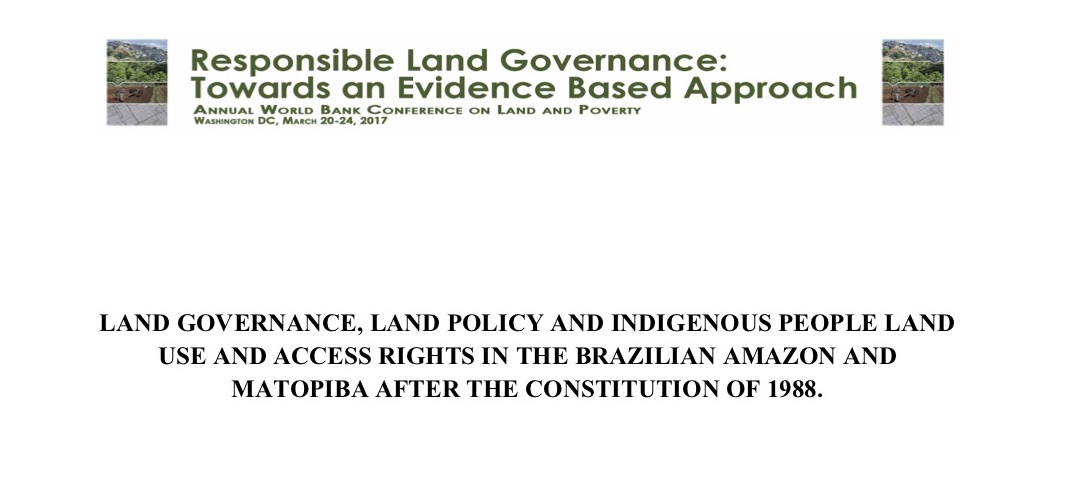NELGA Good Practices
The Network of Excellence on Land Governance in Africa (NELGA) is a partnership of leading African universities and research institutions with proven leadership in education, training and research on land governance. Currently NELGA has more than 70 partner institutions in over 40 countries and is organized in 6 regional and 1 technical node supported by a Secretariat.


